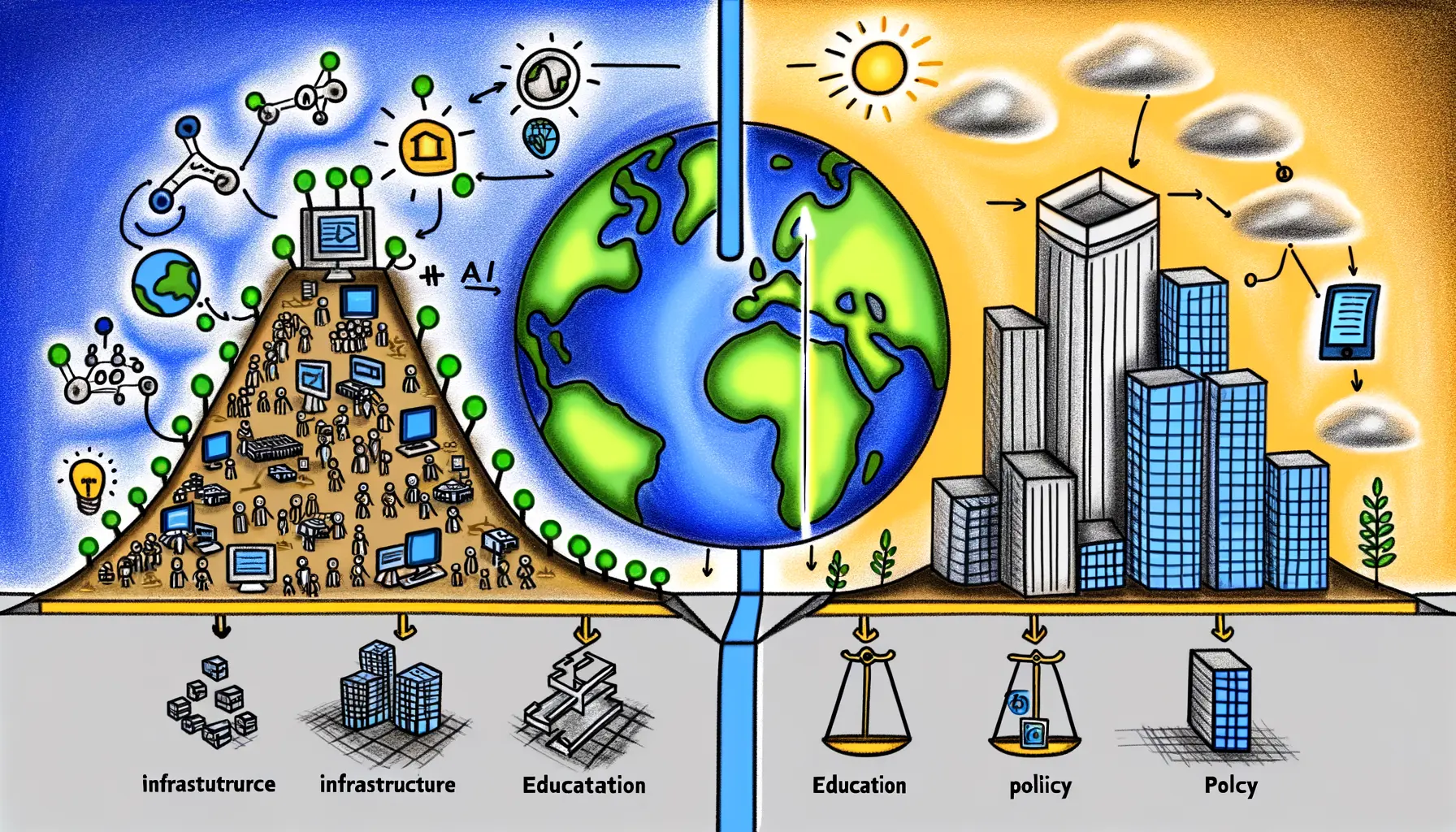In the recently published Anthropic Economic Index report, it is observed that the adoption of Artificial Intelligence (AI) is not evenly spread across various geographies and enterprises. While some areas and businesses are making advanced strides in AI application, others are lagging considerably behind.
Disparity in AI Adoption
The unevenness in AI adoption is stark. Nations that are technologically advanced are integrating AI into their production processes, service delivery, and administrative practices. However, those countries that are still working towards technological sophistication are struggling with AI adoption due to issues such as a lack of technical expertise or financial constraints.
Similarly, large enterprises that boast of resources and infrastructure are able to harness AI’s transformative power. On the other hand, smaller businesses and startups, burdened by limited resources, struggle with AI integration and application.
The Implications
Uneven AI adoption has significant implications. It widens the technological divide between nations and businesses. There is a pressing need to address this inequality in AI adoption to ensure a balanced global landscape, economic fairness, and to prevent monopolistic domination by a few enterprises.
Promoting AI Equity
To promote AI equitable adoption, efforts are needed on multiple fronts; from government policies and regulations to investments in education and incentives for businesses to adopt AI.
Despite the challenges involved, the potential benefits of widespread AI adoption warrant the efforts. The aim should be to create a world where AI adoption is not a privilege for few, but an opportunity for all. Read More


Leave a Reply